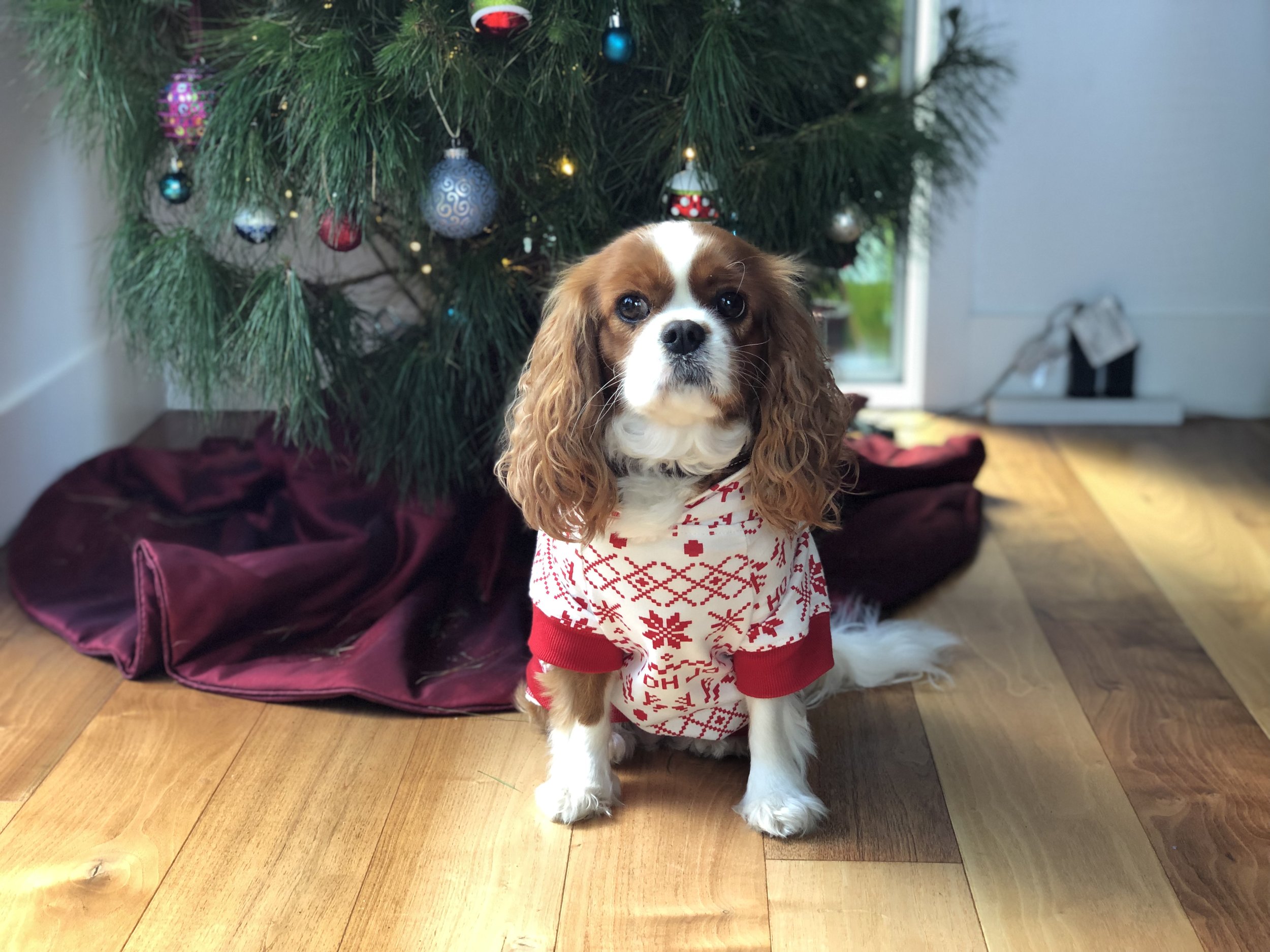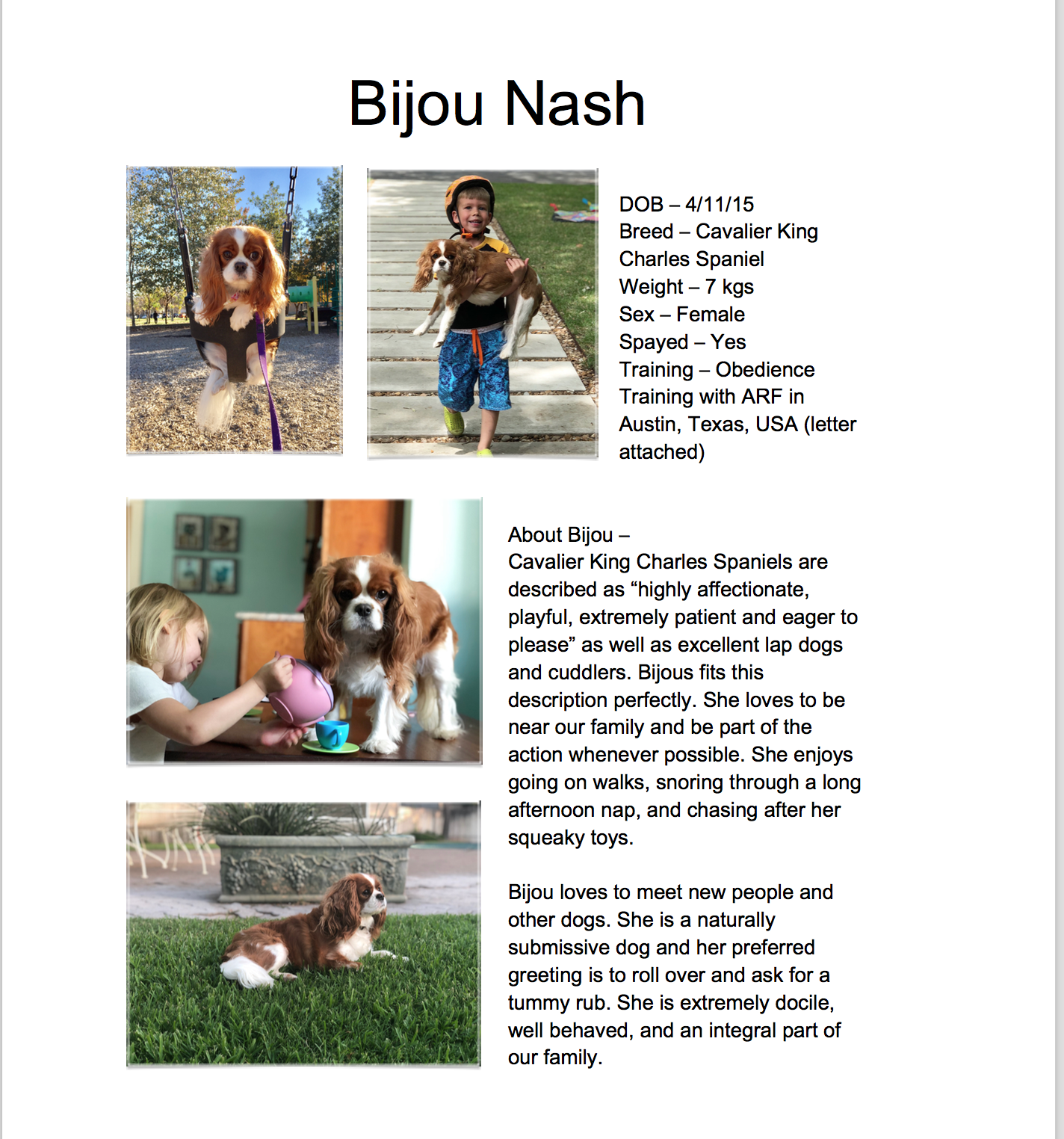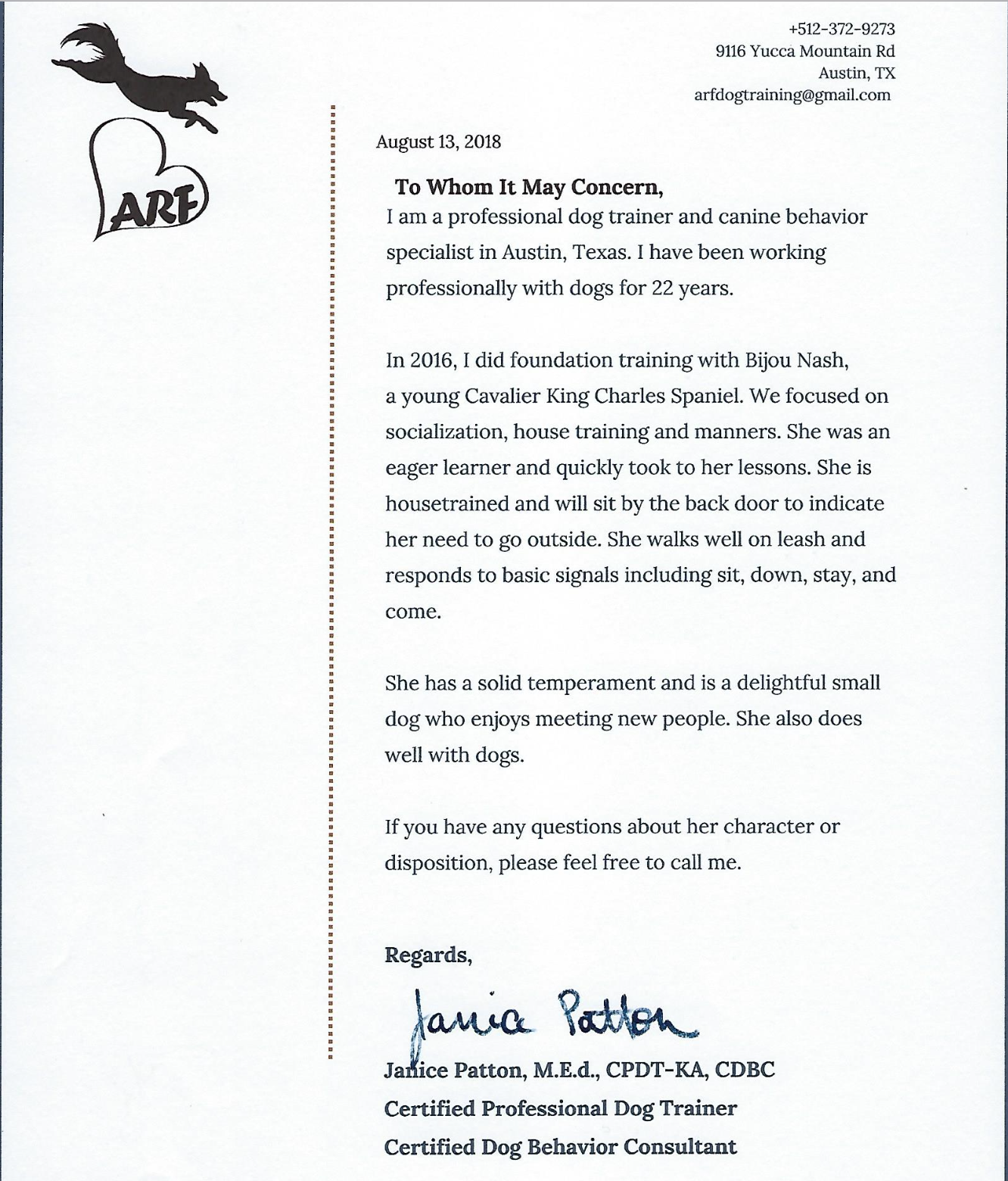Dogs
After nearly six months of separation, our beloved family pet, Bijou, has joined us in Auckland! It has been a doozy of a process because of the strict biosecurity rules in New Zealand, but we are so excited to finally have her with us. We did some things wrong and some things right during the import process, but we are so glad our family is complete!
Start early. After reviewing all of the guidelines, the first thing to do is make sure that your dog has a microchip. Fortunately, we got Bijou chipped when we got her fixed when she was a pup so we were able to “skip” this step. When it was time to start the process, we first had to get a rabies TITER test, and there has to be at least 90 days from that test to import day. That’s three months guys - assuming everything goes well. After we got our TITER results, our timeline was:
October 30: Applied for USDA Official Veterinary Declaration Endorsement
November 05: Import Permit Application - It can take anywhere from 10 to 20 days to receive an Import Permit, but the Imports team requires 20 business days for it to be completed.
November 12: Vet Visit #1 (within 30 days of international departure)
External Parasite Treatment #1
Internal Parasite Treatment #1
Leptospirosis Treatment - This is a 14 day treatment
November 26-28: Vet Visit #2 (within 16 days of international departure)
Heartworm Test (ELISA only)
Babesia Gibsoni (IFA/ELISA only)
Brucella Canis (RSAT/TAT/CPAg-AGID test)
November 27: Domestic Flight Booking within 13 days of domestic departure date
December 03: International Flight Booking with Air New Zealand
December 5: Domestic Health Certificate Appointment (within 10 days of domestic departure)
December 11: Domestic Move Day and Final Vet Appointment in San Francisco. Bijou spent the night in a kennel before departure the next day.
December 12: USDA Endorsement and International Departure to Auckland.
December 14: Arrival into New Zealand and Transfer to 10 days of quarantine
December 24: Release from quarantine!
Pet import/export companies help: Yes, it is possible to do it yourself, but we found using a professional pet relocation company was worth every penny. We went with PetRelocation and could not be happier. It was incredibly useful to have someone coordinating with the vets, the different people who were helping us in the US, the quarantine facility, and all of the different organizations providing paperwork. They really showed their value when, the day before Bijou was set to fly, Delta canceled all pet transfers for the next three days. Nina at PetRelocation was on it, found Bijou an alternate flight on American Airlines, and got her to Los Angeles on time so she would make her transfer to Auckland. If I got the call from Delta the day before, I would have been a basket case with no clue what to do.
Plus, the pet relocation companies know what’s going on with the different quarantine facilities. They were able to point me away from one facility that was having issues keeping their pets healthy during the required ten day stay and point us in the direction of two other facilities that were getting good reviews.
Talk to all of the quarantine facilities. One facility I talked to only had MPI inspections on Mondays and Fridays, which meant there was a good chance Bijou would be in quarantine longer than ten days waiting for her appropriate vet checks. The facility that we eventually chose, QPS, had checks every day, so even though it was $100 more expensive than the alternatives, we wouldn’t be paying more for extra quarantine days. Plus, QPS has a good working relationship with PetRelocation, so I knew they would be able to work through any kinks.
The vet checks are intense. In the US, Bijou had multiple vet visits, blood draws, and fourteen days of Leptospirosis treatment. Double and triple check all of the dates and vaccines because if one is off, then the whole process can be delayed.
Importing a dog isn’t cheap: We paid a pretty penny to import Bijou, but when we looked at the dollar amount that we spent buying the dog in the first place, all of the puppy vet visits, and training, it wasn’t that much more expensive than getting a new dog in New Zealand. Plus, we just love Bijou. She is literally the best dog we’ve ever had. So what did it cost? These are approximate costs, not including the microchip, which she already had:
PetRelocation - USD$5,500
Includes a good chunk of the importing expenses, including air freight, USDA fees, and other assorted fees that would otherwise be the responsibility of the importer.
Please note that this is pre-covid. It is my understanding that this price would be quite a bit higher now because of the increased costs of transporting just about everything to New Zealand.
Austin vet visits - USD$400
QPS Quarantine - NZD$1,600
Travel kennel - USD$85
Travel bowls -USD $20
Kennel bed - USD$25
Puppy Pads - USD$10
Auckland dog registration - NZD$50
There’s no heart worms or rabies in New Zealand. One of the reasons for the strict vet checks is that New Zealand dogs don’t have some of the big ailments we see in the U.S, like rabies and heart worms. This is huge! No more monthly pills for heart worms for Bijou! We’ll still do a monthly flea treatment, but this is available at most pet stores.
Dog registration is a must. In Auckland, you must register your dog from the month it arrives. You’ll need your microchip certificate and spay/neuter certificate to complete the registration. If you’ve got more than one dog in Auckland, you’ll need a special multi-dog license.
Auckland is dog friendly. There are water bowls outside of stores. Dogs are at every outdoor dining cafe. I’ve even seen a dog sitting on a stool in a bar. Basically, they’re everywhere and generally very well behaved. Off leash dog parks, dog time at the beaches, and constant dog walks mean that you’ll constantly see people out and about with their beloved four legged friends.
Don’t be intimidated by “no pets” on rental postings. Prior to moving into a rental house, I heard mixed stories on finding a house that accepts dogs. One camp said it is next to impossible, the other camp said “ask anyway.” I decided to take an “ask anyway” approach, but I was extremely prepared. I proactively provided both a letter of recommendation of Bijou’s former trainer, and a short bio sheet that outlined her stats: sex, spayed, weight, temperament, and cute pictures of her with the kids. This worked! Three of the four houses that we applied for originally said no pets, but all of them accepted us with the dog.
I’ve noticed that the dogs in Auckland are gorgeous, usually full bred dogs. I haven’t seen much in the way of mutts or rescue dogs. I think this is because of all of the strict rules surrounding them. Most dogs are fixed and they’re not roaming around - ever. There doesn’t seem to be much of a rescue dog emphasis because there just aren’t many around.
At the end of this process, we finally reunited with Bijou on Christmas Eve. Best Christmas present ever!







